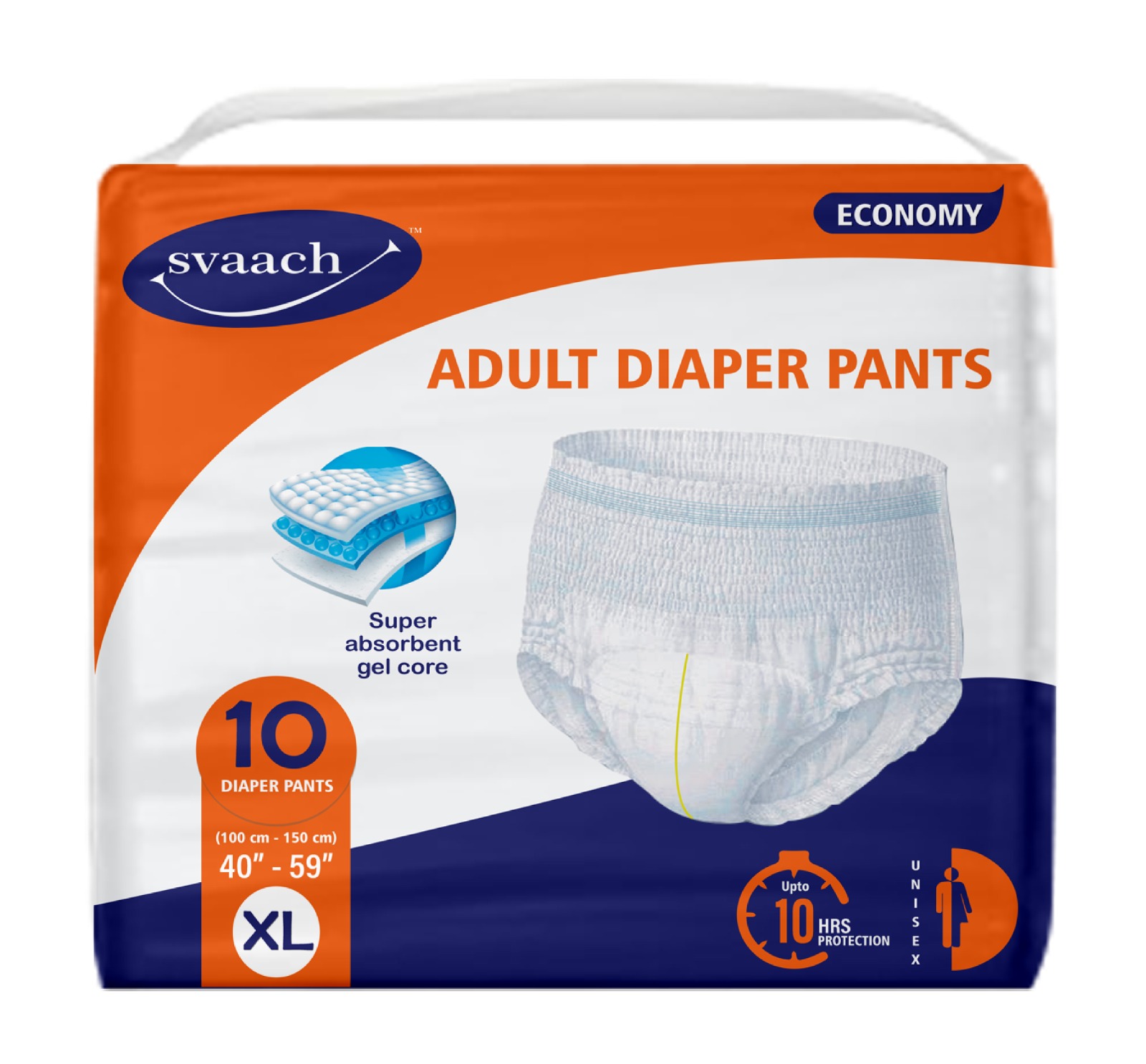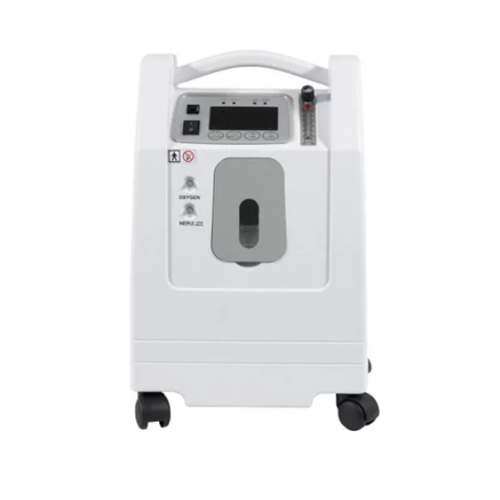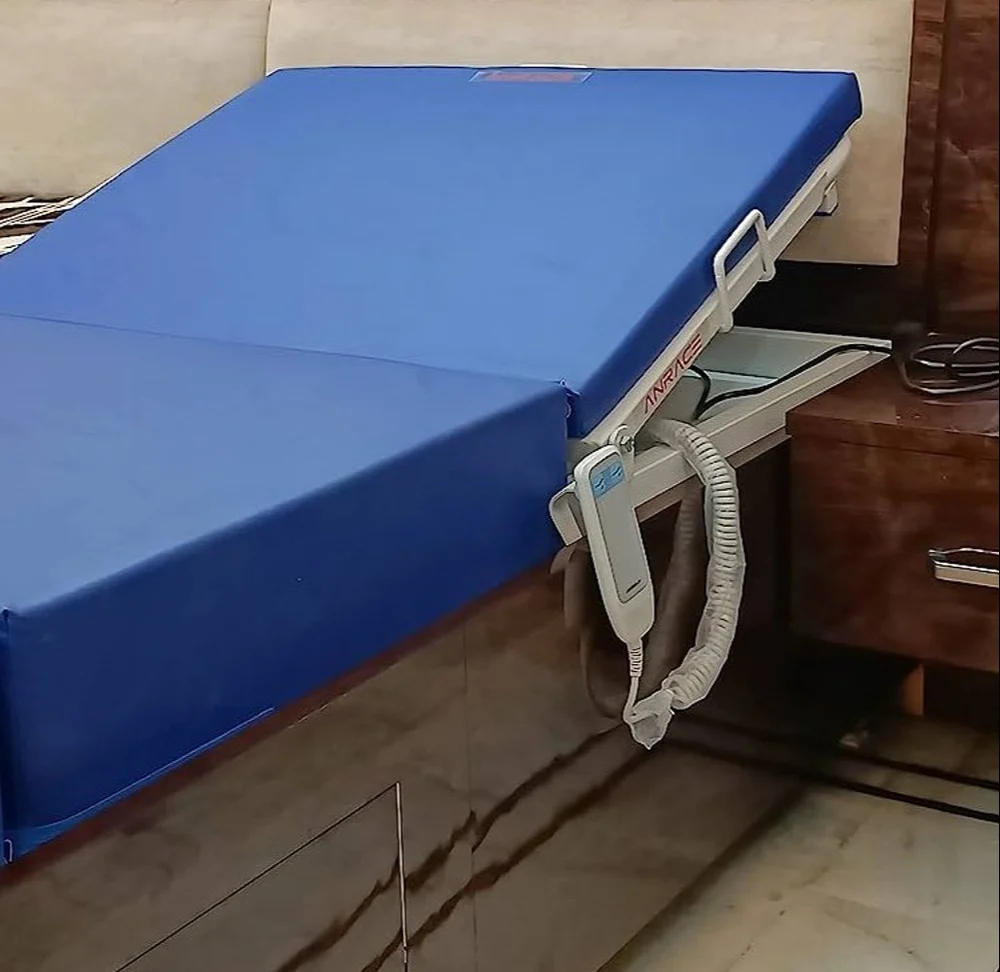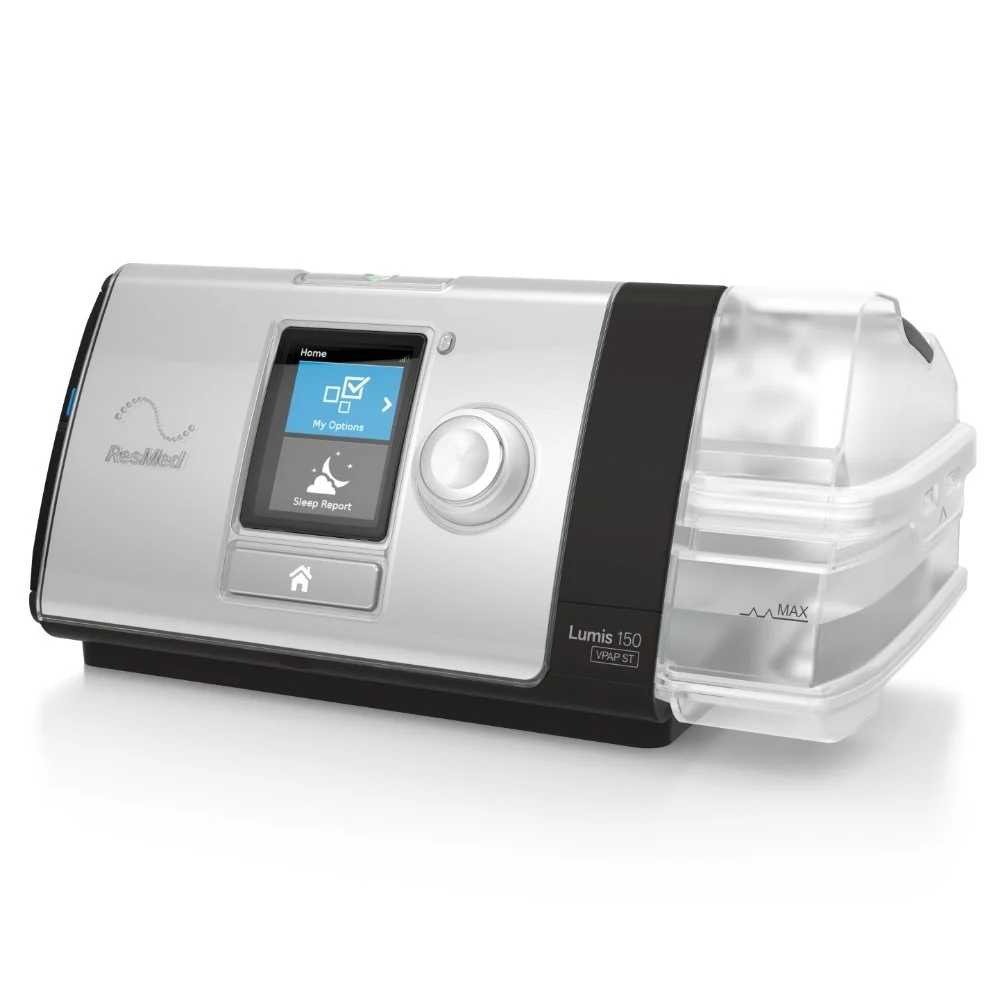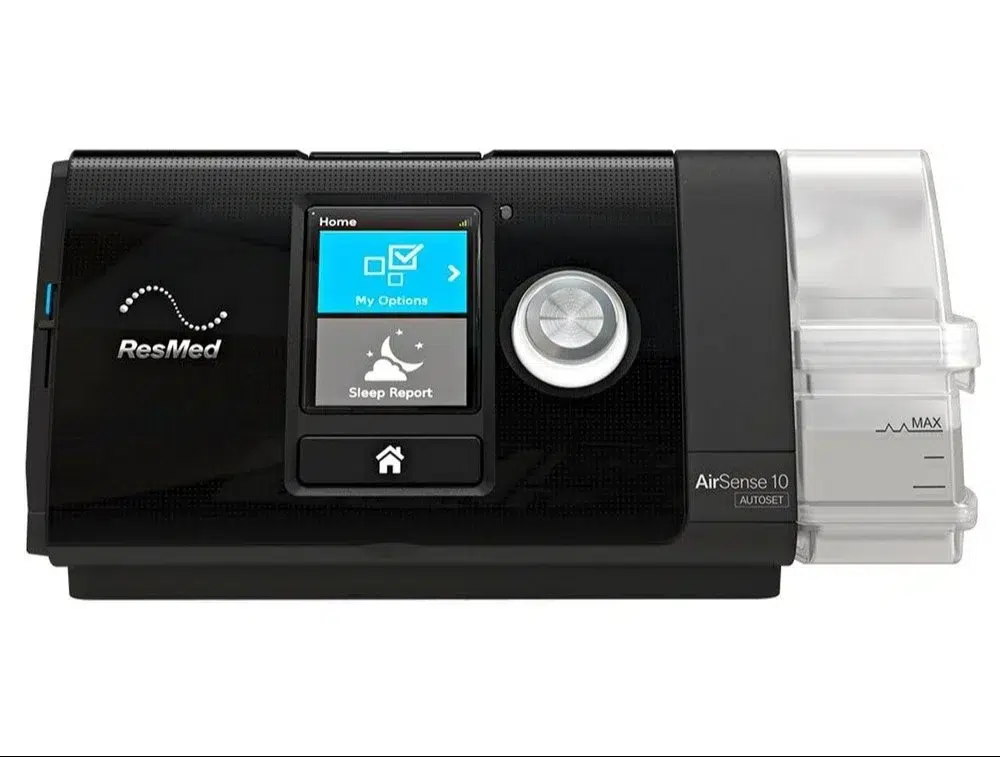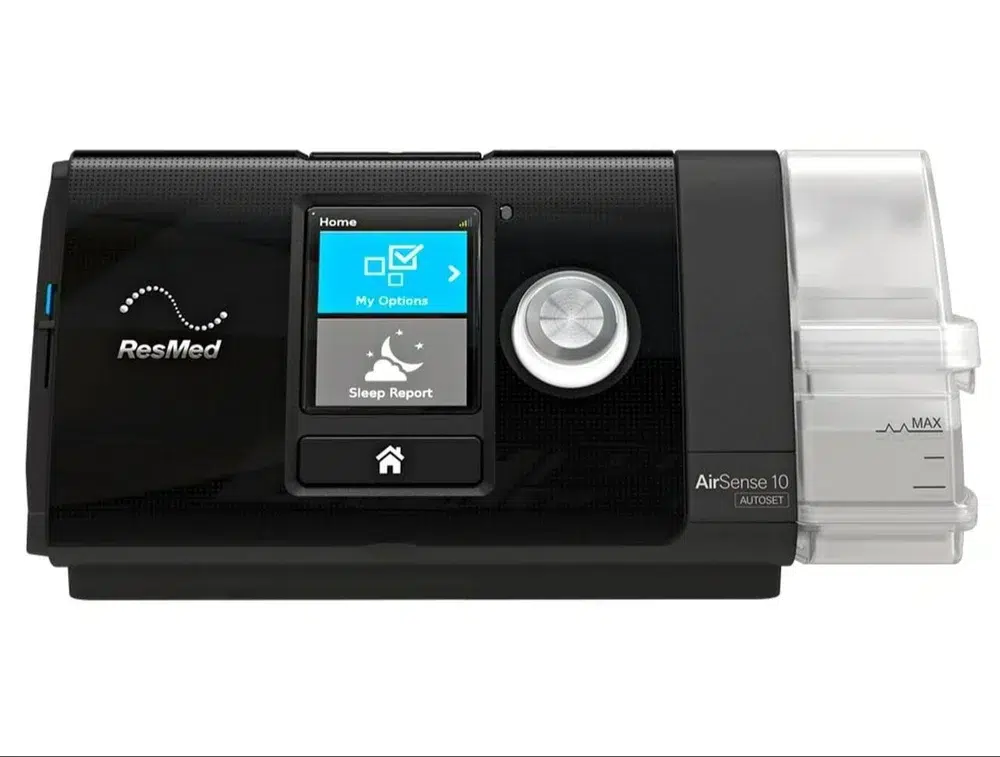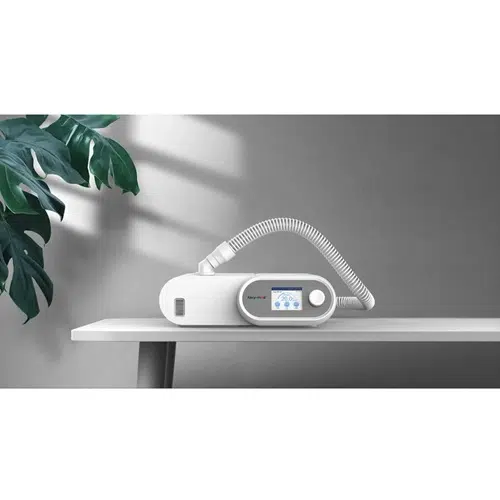How to Stay Healthy While Undergoing Opioid Use Treatment
Opioid addiction treatment can be challenging, but focusing on your health is vital for a successful recovery. Every element contributes to effective treatment and enhances your overall well-being.
Adopting these strategies will help you manage side effects and support your recovery process. Read on to discover practical tips for staying healthy and balanced throughout your opioid treatment. In this guide, we will explore strategies to enhance your well-being while undergoing treatment.
Understanding the Impact of Opioid Use Treatment on Health
Changes in metabolism, stomach problems, and swings in mental health are common adverse effects. Opioids have the ability to change appetite, which may result in dietary deficiencies and weight gain or loss. They may also have an impact on mood and cognitive abilities, which may exacerbate anxiety or despair.
Understanding these impacts is crucial for managing your overall well-being during treatment. Understanding how opioids impact your body might help you make wise decisions about changing your way of life and getting the support you need. Taking proactive steps to manage these effects can result in a more balanced and healthier recovery journey.
CDC states in 2022, 3.7% of adults required opioid use disorder treatment, and only 25.1% received medications such as buprenorphine. Medications for opioid treatment greatly lower the risk of overdose deaths, but 42.7% of people who need help don’t recognize their need for treatment. This reveals significant issues in both awareness and access to care.
Prioritizing Nutrition and a Balanced Diet
Opioids might interfere with digestion and appetite, therefore it’s important to prioritize nutrient-dense foods. Consume a range of whole grains, veggies, fruits, lean meats, and healthy fats to help prevent weight fluctuations and constipation while also boosting energy.
Staying hydrated is equally important, as opioids can cause dehydration. Consider working with a dietitian to tailor a nutrition plan that meets your specific needs and supports your treatment goals.
BioMed Central reports that opioid agonist therapy patients often consume high-sugar diets with insufficient fruits and vegetables. While participants recognized the need for healthier eating, oral health problems and smoking were significant barriers. Social environments, however, made healthy eating easier, underscoring the need for targeted dietary interventions.
Should I take supplements while undergoing opioid treatment?
Taking supplements during opioid treatment may benefit your recovery, especially if you’re dealing with nutrient deficiencies. It is imperative that you speak with your healthcare professional prior to beginning any supplement regimen. Common options include vitamin D, magnesium, and probiotics to support bone health, muscle function, and digestion.
Incorporating Regular Physical Activity
Exercise helps combat common side effects such as fatigue, weight gain, and mood swings. Aim for at least 150 minutes of moderate exercise each week, such as walking or swimming, based on your fitness and medical advice.
Regular physical activity boosts cardiovascular health, energy levels, and mental well-being. To stay motivated, create a reliable routine, make reasonable goals, and engage in fun activities. Exercise helps you manage stress and sleep better, which will aid in your recuperation even more.
MDPI states incorporating regular exercise into opioid substitution treatments has shown effectiveness in reducing concurrent non-opiate substance use. An 8-week aerobic exercise program significantly reduced non-opiate substance use in patients on methadone or buprenorphine, particularly benefiting buprenorphine users. This suggests exercise as a valuable complement to treatment, improving adherence and reducing relapse rates.
How can I stay motivated to exercise during recovery?
Staying motivated to exercise during recovery can be challenging, but setting achievable goals and focusing on activities you enjoy can help. Incorporate variety, like walking, swimming, or yoga, to keep things interesting. Enlist support from friends, family, or a fitness coach for accountability.
Monitoring Dental Health
Opioid treatments like Suboxone may cause dental issues such as dry mouth and tooth decay due to changes in the mouth. Reduction in saliva production increases the risk of dental problems.
As a result, these dental issues often lead to legal actions. Patients experiencing severe dental damage from the medicine may pursue a Suboxone tooth decay lawsuit. This highlights the need for greater awareness and preventive measures for dental health during opioid treatment.
According to TruLaw, such lawsuits also investigate claims from individuals who use Suboxone tablets. The acidity of naloxone and buprenorphine medications dissolved under the tongue can contribute to tooth decay. If prescribed Suboxone and experiencing dental issues, you may be eligible to file a lawsuit for compensation.
Can using a specific toothpaste help reduce dental side effects?
Yes, using fluoride toothpaste can help reduce dental side effects like dry mouth and tooth decay during opioid treatment. Fluoride strengthens enamel, protecting against decay caused by reduced saliva. Using toothpaste for sensitive teeth, along with mouthwash that promotes saliva production, can help protect oral health and alleviate discomfort.
Avoiding Relapse Triggers and Maintaining Focus on Recovery
Determine your personal triggers, such as stress, social settings, or particular scenarios, and come up with coping mechanisms. Create a strong support system with family, friends, or support organizations to offer accountability and encouragement.
Incorporate healthy routines and stress management techniques, like mindfulness or therapy, to navigate challenging times. Stay motivated, set attainable goals and recognize minor victories. Take part in worthwhile activities and keep an eye on your long-term health to strengthen your resolve to get well.
According to WebMD, 40–60% of people with drug use disorders experience an opioid relapse. Triggers include stress, difficult emotions, overconfidence, isolation, and physical or mental illness. Avoid relapse by identifying triggers like stress and using strategies like therapy, accountability, and mindfulness to maintain recovery and overcome challenges.
Regular Health Checkups and Communication with Healthcare Providers
Make regular appointments so that you may discuss side effects, track your progress, and modify your treatment plan as necessary. To guarantee that your treatment is managed well, let your healthcare team know about any changes in your health or concerns.
Open communication helps identify and address potential complications early. Your providers offer essential guidance and support, helping you navigate treatment challenges and stay focused on your recovery goals.
The New England Journal of Medicine states the 2022 CDC Clinical Practice Guideline emphasizes individualized, patient-centered care in opioid prescriptions. While acknowledging non-opioid therapies’ efficacy, it advises judicious opioid use for acute pain. Recommendations aim to enhance equitable access to effective pain management while preventing misapplication of dosage guidelines.
Optimizing Health During Opioid Treatment
Recognizing the treatment’s effects on your body, focusing on a nutritious diet, and engaging in regular physical activity are vital steps. These help to mitigate side effects and aid recovery. Steering clear of relapse triggers and staying in touch with healthcare providers also contribute significantly to a positive treatment outcome.
Integrating these practices supports overall well-being, helping you manage the complexities of opioid treatment and paving the way for long-term health.
*****
latest Blogs
categories
Categories
- Beauty Tips
- COVID-19
- Fitness tips
- Health & Wellness
- Health & Wellness Equipment
- Health and Wellness
- Health care
- Health Tips
- Healthcare & Medical Equipment Rental
- Healthcare Solutions
- Healthy Eating
- Home Healthcare Solutions
- Hospital Bed Rentals
- Life Style
- Medical Equipment Rentals
- Mental Health
- Nebulizer Machines
- Nursing Care Services
- Patient Care Solutions
- Prime Healers community
- Product information
- Product Review
- Renting an Oxygen Concentrator
- Respiratory Care
- Respiratory Care Solutions
- Uncategorized
- Wheelchair and Hospital Bed
- Wheelchair for Festivals


